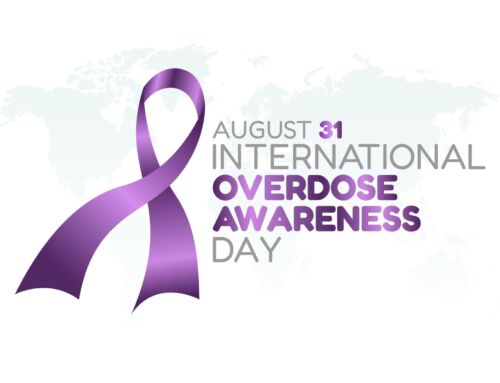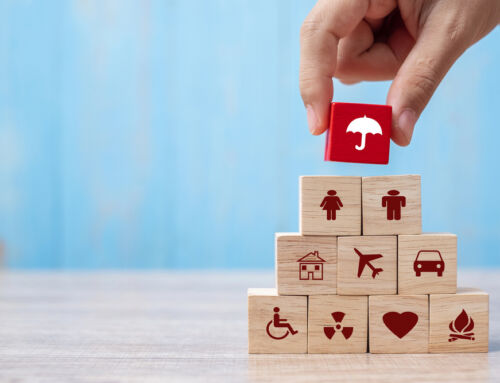 Holidays can be a wonderful time, but they can also bring a lot of stress and emotional hardships, especially for those in recovery from alcohol dependency that may be coming home. This article will discuss the everyday holiday stressors, the role of alcohol during this time and ways to have a sober holiday.
Holidays can be a wonderful time, but they can also bring a lot of stress and emotional hardships, especially for those in recovery from alcohol dependency that may be coming home. This article will discuss the everyday holiday stressors, the role of alcohol during this time and ways to have a sober holiday.
Common Holiday Stressors:
- Emotional Stress: Existing tensions and unresolved family conflicts can make this challenging if there are underlying issues.
- Expectations: High expectations for family harmony and joy can lead to disappointment and stress when reality does not match these ideals; there’s also the potential for these moments to be exceptional.
- Financial Pressure: Gifts, travel, and hosting costs can cause financial stress. Each family may have different views on spending.
- Family Dynamics: Reuniting with family can resurface old conflicts, making gatherings tense.
The Role of Alcohol:
- Increased Consumption: Homecoming or holiday events often involve increased alcohol consumption.
- Social Pressure: The issue of “everyone else is doing it, so I should do it” could come into play. This could also come from friends and family, sometimes without realizing the pressure they are putting on you.
Coping Strategies for a Sober Holiday
- Set Boundaries: Communicate your limits regarding discussions and behaviors you find as setoffs. It is ok to say no or leave early to certain events that may compromise sobriety.
- Stay Busy: Engaging in activities that keep you occupied and away from situations where alcohol is the focus. This could be helping with cooking and organizing games.
- Bring Drinks: Bring nonalcoholic beverages that you enjoy. There are many great options like sparkling water and mocktails.
- Plan Ahead: Have a plan for handling difficult situations. An example is having an exit strategy. If you feel uncomfortable, this could include having another form of transportation or arranging for a friend to call at a certain time.
- Lean on a Supportive Community: This can be friends or family, but make sure to have a support system to talk to or a safe place to go.
- Moderate Setoffs: If you can think of a stimulus, it is essential to recognize it. See if others can limit it as well. Shifting the focus from alcohol to other enjoyable activities is helpful. Examples are playing games and engaging in outdoor activities.
- Self-Care: Prioritize your mental and emotional well-being. This might include talking breaks, practicing mindfulness, getting enough rest, eating well, or engaging in activities that bring you joy and relaxation.
How Recovery at the Crossroads Can Help
At Recovery at the Crossroads, we provide expert guidance and a unique blend of personalized care to understand the complexities of alcoholism. We offer residential addiction treatment and outpatient treatment program options to ensure flexibility and comprehensive care.
If you need help, resources like Recovery at the Crossroads are here to help. Please contact Recovery at the Crossroad online or by phone at 888-342-3881.



